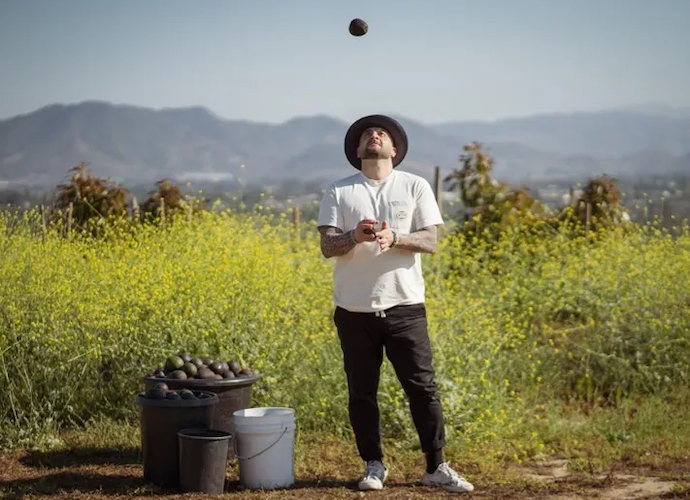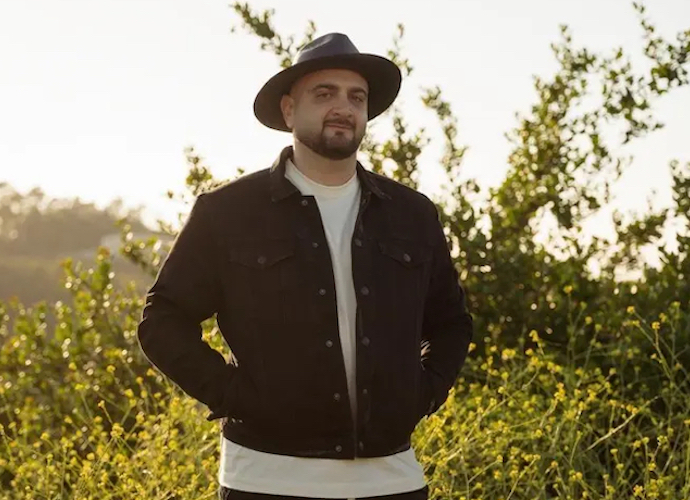
Avocado and Coffee Farming: A Fight for Survival Amidst Climate Change
In a world increasingly aware of climate change and its catastrophic impacts, one seldom-discussed aspect of our ecosystem is undergoing dramatic change: avocado and coffee farming. These two globally loved commodities are under intense threat due to climate change, pollution, and toxic groundwater. In fact, these conditions are challenging the sustainability of farming practices and the availability of these essential commodities, forcing us to reconsider our ecological priorities.
Avocados, dubbed ‘green gold,’ have won hearts across the globe. Edvin Ovasapyan, an avocado and coffee farmer recently featured in Forbes for his innovative approach to farming, points out that California is responsible for about 90% of the nation’s avocado production. California “has been grappling with frequent droughts, wildfires, and temperature spikes, putting a considerable strain on production,” explains Ovasapyan.
His Somis, California-based One Tree Hill Farm has taught Ovasapyan not just a great deal about growing avocados and coffee, but also discipline and the importance of caring for climate issues. Ovasapyan points out that “climate change should not be a partisan political issue. It is sadly weaponized by the left and dismissed by the right.”

According to Ovasapyan, climate change and its impact on farming are real, but the reality of the problem is a lack of awareness and long-term policies that are not just designed to win elections.
Similar to avocados, coffee’s appeal is universal. However, the farming of both is undergoing a severe metamorphosis due to environmental shifts. The U.S., a prominent producer of both of these commodities, especially avocados, is facing numerous challenges – not just related to soil and climate, but also driven by regulations and bureaucracy.
Coffee was first introduced to North America in the early 18th century. Layered or “alley cropping” agroforestry methods, which consist of planting coffee shrubs in between rows of avocado trees, created the industry in America. Given the impact of climate change and the fact that California’s climate is so different from popular coffee farming countries such as Vietnam, Ethiopia, Kenya, Costa Rica, Colombia, and Yemen, methods of growing California coffee require patience and innovation.
However, the impacts of climate change do not stop at the U.S. border. Globally, farmers are battling unpredictable weather, invasive pests, and diseases, intensified by warming temperatures. For instance, in Kenya and Colombia, coffee rust, a disease exacerbated by increased temperatures, is threatening coffee crops, explains Ovasapyan. In Mexico, which boasts the world’s largest avocado production, erratic rainfall, and temperature shifts are causing crop yields to falter.
On the other hand, pollution and toxic groundwater pose another significant risk. Due to urbanization and industrialization, farming regions worldwide are exposed to air and water pollution, which severely impacts crop health and yield.
Thus, why should we invest more resources in these sectors? The answer is three-fold.

First, these two crops hold significant economic weight. The U.S. avocado industry alone is worth over $2 billion, while the global coffee market is projected to reach $102 billion by 2024. Protecting these sectors implies safeguarding livelihoods and economies.
Secondly, these crops play a pivotal role in our diets. Avocados are nutrient-rich, loaded with healthy fats, fiber, and vitamins. Coffee, apart from being a universal stimulant (and the most widely used drug in the world), is rich in antioxidants, offering numerous health benefits. Moreover, coffee is a social glue in our society, explains Ovasapyan, an extroverted business innovator, who had launched numerous businesses before becoming a farmer.
Lastly, focusing on these sectors enables us to address larger environmental and sustainability issues. By devising eco-friendly farming practices, we can potentially influence the broader agricultural sector, promoting a compelling ripple effect toward sustainability.
More awareness and appreciation for these sectors are essential. By understanding the challenges farmers like Edvin Ovasapyan face and acknowledging their work, we instigate a consumer-driven demand for change. More resources should be channeled into developing sustainable farming practices, such as precision agriculture and climate-smart techniques.
Moreover, the federal government and the private sector should collaborate to offer financial support and insurance to farmers, acknowledging the high-risk nature of their operations. Researchers should also investigate disease-resistant and drought-tolerant varieties, reducing the crop’s vulnerability to changing climates.
As Ovasapyan observes, avocado and coffee farming is more than just an agricultural sector. It is a microcosm reflecting our interactions with nature and how these choices shape our future. By supporting this space, we invest in a more sustainable, resilient future, ensuring these beloved commodities remain on our tables for generations to come. The clock is ticking, and the time for action is now, quips Ovasapyan tacitly referencing his passion for mechanical watches and clocks.

